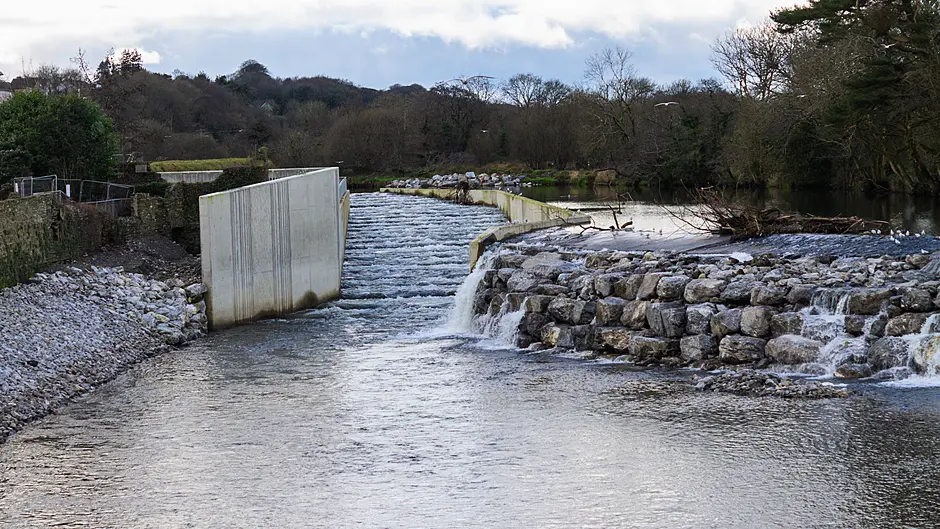FARMERS in parts of Bandon, Kinsale, Clonakilty, Skibbereen and Dunmanway are eligible for funds to improve water quality on their land, as part of a new €60m project.
The Farming for Water project is a European Innovation Partnership (EIP), the largest ever carried out in Ireland, and will support up to 15,000 farmers nationally to make a cost-free investment in the future.
Farmers in areas which have water schemes that have been classed by the EPA as ‘priority areas for action’ will be consulted by their Assap advisers and informed as to how best to approach the measures to be taken on their lands, before applying for grants.
Sections of the Bandon-Ilen catchment have been identifed as ‘priority areas for action.’
These include the Bandon estuary, Caha, Roscarbery, Kileran lagoon and Clonakility.
The catchment includes the area drained by the Rivers Bandon and Ilen and all streams entering tidal water between Templebreedy Battery and Mizen Head.
An EPA report on the catchment found that ‘agriculture is a significant pressure in nine river waterbodies, one lake waterbody (Abisdealy), seven transitional waterbodies, two coastal waterbodies (Clonakilty Bay and Rosscarberry Bay) and Ballinhassig East groundwater body .
‘The issues related to farming in this catchment are generally related to loss of phosphorus and ammonia loss to surface waters from, for example, direct discharges; or run-off from yards, roadways or other compacted surfaces, or run-off from poorly draining soils on pastoral lands,’ it said.
A research hub has been established in locations including UCC and the primary focus of the project centres on mitigating losses of phosphorus, nitrogen, sediment, and pesticides from agricultural lands.
Some of the measures that grants will cover include the creation of a rain water management plan, the introduction of Riparian buffers, sediment traps, earthen mounds, woodlands, hedgerows, wetlands and better nutrient management.
A spokesperson for the scheme said ‘it’s not an open call project,’ nor is it mandatory to get involved.
‘Instead, farmers whose land is adjacent to areas affected most by poor water quality will be invited/encouraged by Assap personnel and farm advisors to come on board and will be assisted in making the application and availing of the grants to provide the necessary measures,’ he said.
Minister for Agriculture, Food and the Marine, Charlie McConalogue described the initiative as ‘an exciting project … focusing on improving water quality and everyone in the country.’
‘The future of our farms, and the families on those farms, is largely dependent on successful water quality outcomes and I am absolutely confident farmers will not be found wanting in delivering those outcomes.’
Farmers interested should liaise with their Assap advisers for further consideration.








